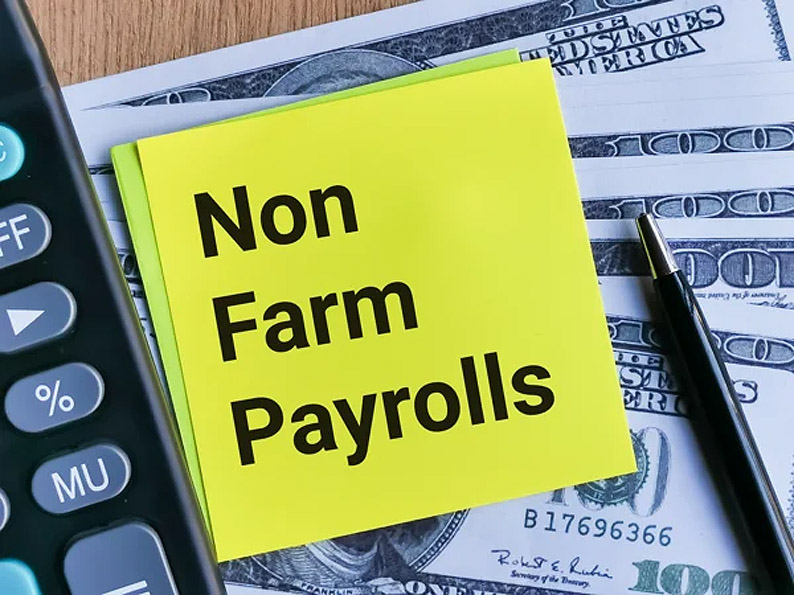The US jobs report highlights a super hot US economy, underscoring that there is a real risk that interest rates won’t be cut until 2025, the CEO of a leading financial advisory and fintech has warned.
The U.S. economy added 272,000 non-farm jobs in May, much more than expected, while Wall Street had forecast an NFP increase of around 185,000 jobs.
“The latest jobs report demonstrates that the labor market, which has been helping fuel inflationary pressures, is still remarkably robust. Even hourly pay is up,” said Nigel Green, the chief executive of deVere Group. “This all makes it harder for the Fed to even consider cutting interest rates as the economy remains super hot.”
The head of the deVere Group added that, “this data is still not enough evidence for the cautious Fed Chair Jay Powell and his policymakers to move to cut rates.
“Inflation appears to be stuck in a range and there will need to be several consecutive months of undeniable proof that it is finally moving down at a clip, rather than a crawl, before any action is taken. This is simply not happening at the moment and there’s no reason to suggest it will next month or the month after that.
“Some commentators also believe the Federal Reserve won’t cut interest rates in the run up to an election – and the US presidential election takes place in November – to avoid appearing politically motivated.
“Others could argue that the government could be actively pumping jobs and cash into the economy ahead of the November race for the White House.
“Taking all of this into consideration, we expect that there’s a significant risk that we might not see a rate cut until 2025.”
Investment Strategies Amid High Rates
In an environment where interest rates are expected to remain higher for longer, investors should consider rebalancing their portfolios to mitigate risks and capitalise on new opportunities, Green suggested.
Higher rates often lead to lower valuations for growth stocks, which rely heavily on future earnings. In contrast, value stocks, which trade at lower price-to-earnings ratios, can provide more stability. Companies with strong balance sheets, consistent cash flow, and the ability to pass on higher costs to consumers can perform better in such an environment.
The deVere boss concluded that, “evidence is mounting that the inflationary pressures remain in control. The US jobs report strengthens our base case that there’s a real risk that the Federal Reserve will not pivot on monetary policy until 2025.”






